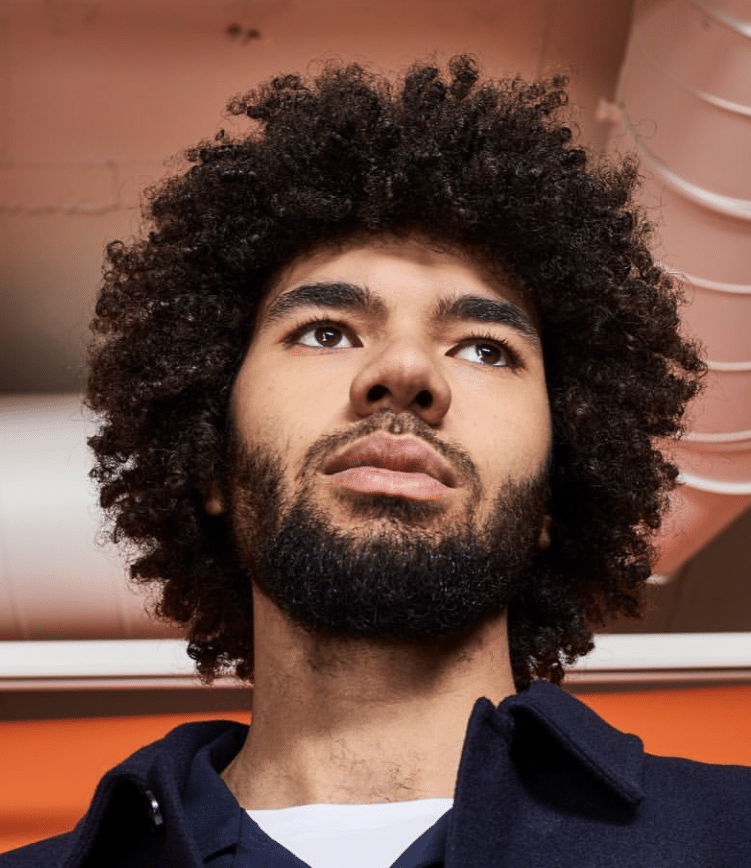How to Feel Confident in 2022
Mental Health
How to feel confident is a perennial issue. This year, Jordan Edwards writes, we should avoid the show of it and concentrate on the roots.
What does it mean to be confident? It can be something that’s so difficult to pin down as confident people just are confident. You can be the loudest person in the room, or you can be the quietest. You might be the biggest, most typically ‘macho’ gym nut, or you might be an average Joe going about your life – none of this determines your confidence. Ok, there are certain stereotypes which we associate with confident people (we tend to see them more as indicators) but looking from the outside, we can only see what people want us to see. That’s not to say our indicators are always wrong, but that they can be misleading and masking untold stories.
We’ve heard it all our lives, ‘you never know what’s going on in someone’s head’ – but how often do we take the time to actually process what that means? Confidence itself is multi-layered but let’s consider the two most obvious types: A deep, inner confidence and the outward show of confidence. What we’ve been discussing so far is clearly the latter and, from that, we assume the former. For example, imagine a group of people sitting on the other side of the pub. There might be one or two people in that group who are quite a bit louder than everyone else; in fact, they’re probably the only voices you can hear at this point. Once we’ve mentally processed how annoying they are, we often categorise them as being confident individuals – ‘they obviously don’t care what people think of them’, ‘would anyone dare ask them to keep it down?’
They’re certainly giving us the impression that they are care-free and confident within themselves but for all we know, this could be skin deep; a thin veil concealing any number of insecurities and perhaps an inner sense of dissatisfaction. The reason it’s important to acknowledge this is because your own reasons for having a lack of confidence won’t necessarily change based on the performance you offer publicly but rather the exact reverse – how you feel on the inside will determine how you behave.
This brings me to my main focus which is the other side of confidence; the deep sense of assuredness that ‘I am equipped to deal with this situation’. We’ve all had times in our lives when we’ve felt this – certain scenarios where we believe in our own ability but what sets some people apart from others, is that this feeling can often be fleeting; suffocated by anxiety and worry, usually stemming from insecurities. For many, it’s this anxiety and worry that they have become familiar with as their ‘default setting’ – on a normal day with no particular stress triggers, there is an underlying sense of dread quietly bubbling away. This, for me, is what needs to be tackled if you are to become a more confident individual. If we can start to change that feeling of dread to a feeling of assuredness, we begin to view tasks in a very different light. Things that used to make you feel anxious no longer have such a negative impact on you. In fact, they can start to fill you with excitement as you relish the opportunity to take on the day in a way that would’ve seemed inconceivable once upon a time.
So how do we begin to manage the underlying worry? Well I must mention that I am not a doctor and you should certainly consult a medical professional if you need to but something that’s always worth consideration is meditation. Now, obviously meditation is something that you’ll be aware of and you might have given it a go here and there as more of a short term solution but for some people who practice regularly, it can help to reshape them as individuals and help the pursuit of whatever it is they want to achieve. With regards to confidence, the main goal initially is to just slow down our thought patterns and develop a greater awareness of both the mind and body, so any meditation that focuses on breathing and mindfulness would be a great place to start. There are also plenty of resources online which are designed to help specific problems, for example, meditations which help you tap into that inner confidence. It’s all about changing the perception that you have of yourself.
Imagine you have a garden which you’ve spent years tending to – the pride you have in it‘s beauty is unparalleled, but one day you realise that one of the most beautiful plants in your garden is actually a weed which has started damaging the plants around it. On the surface, there doesn’t seem to be any issues but you know it’s got to go so what do you do? Do you trim the plant down so you can’t see it anymore because after all; out of sight, out of mind – or do you tackle the problem at the root (literally) and replace it with something that will help the rest of your garden thrive?
We live in a ‘fake it til you make it’ culture but I don’t think there’s any point trying to imitate the behaviour of what you might regard as a confident person. It’s the equivalent of tending to the weed and encouraging it to grow with no regard for the wider health of the garden. It’s inauthentic, superficial and doesn’t get to the heart of the issue.
As the new, confident you goes about your life, how does it feel? Do you think people notice your confidence quite as clearly as you noticed those people in the pub? No doubt you carry yourself differently and people have begun to respond to that but hopefully the notion that you must be the most outgoing, brash caricature is one of the past for you. You may even wish you’d gained this confidence years ago – there are plenty of stories of people who are flourishing later in life but who were shrinking violets in their 20s. The most important thing is that you understand the possibility of gaining confidence at any point in your life. So even if you’re not quite there yet, it’s never too late!
People who struggle with confidence issues often feel stuck and helpless because they struggle to remember instances when they themselves felt an innate, inner confidence so we look for these often meaningless symbols from other people. Maybe we are so concerned with what confidence looks like that we forget to imagine what it feels like.
Follow Jordan on Instagram:

Join The Book of Man
Sign up to our daily newsletters to join the frontline of the revolution in masculinity.


















